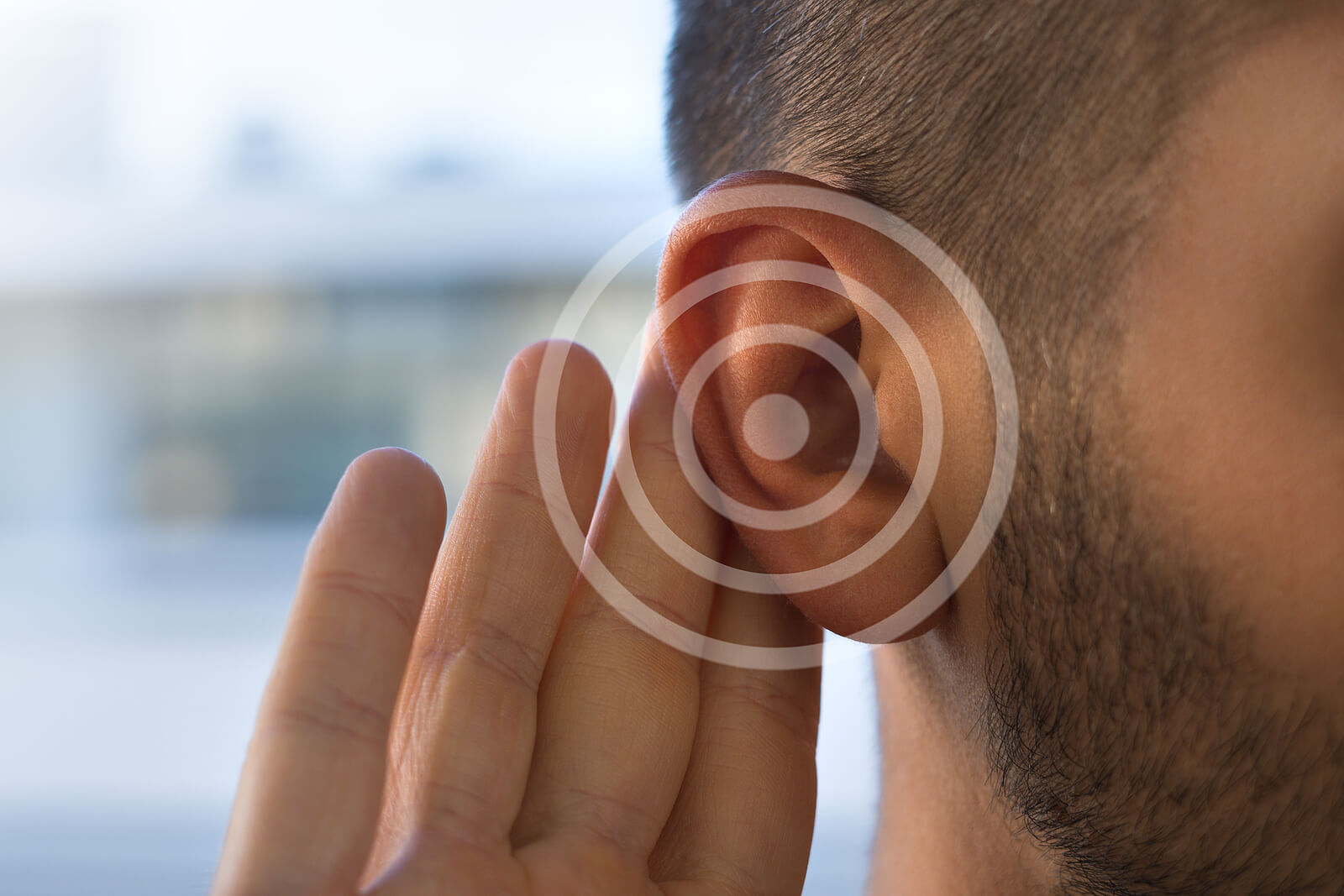Tinnitus Treatments That Bring Peace to Your Ears

Tinnitus can be an intrusive and frustrating condition, marked by ringing, buzzing, or other sounds in the ear that lack an external source. It disrupts daily life and can affect concentration, sleep, and overall well-being. Fortunately, several effective treatments can help manage symptoms and bring peace to your ears.
Comprehensive care that addresses the underlying causes and provides symptom relief is important. This blog discusses various tinnitus treatments, providing insights into how they can improve the quality of life for those affected by this condition. Effective management begins with understanding and addressing the root of the problem.
Understanding Tinnitus and Its Causes
Tinnitus is not a disease but a symptom that can result from various underlying issues. Common causes include prolonged exposure to loud noises, ear infections, and hearing loss. Identifying the root cause to tailor an effective treatment plan is important.
A thorough hearing health exam can help pinpoint specific factors contributing to tinnitus. Sometimes, it can be linked to changes in the auditory system or certain medications. Understanding these connections is the first step toward effective management.
Stress Management Techniques
Stress often exacerbates tinnitus, making stress management a key component of treatment. Techniques like yoga, meditation, and deep breathing exercises are beneficial in reducing overall stress levels.
For instance, meditation focuses on calming the mind and improving mental clarity, which can make tinnitus less noticeable. Similarly, yoga and deep breathing exercises help relax the body and mind, providing a dual benefit for those experiencing tinnitus alongside hearing loss.
Cognitive Behavioral Therapy (CBT)
Cognitive Behavioral Therapy is another effective approach that focuses on changing the way one thinks about and reacts to tinnitus. CBT helps patients develop coping strategies to manage their emotional response to the condition. It does not eliminate tinnitus but reduces its impact on daily life.
This form of therapy is often conducted with a psychologist and involves regular sessions. Patients learn to reframe negative thoughts and develop a more positive outlook. By reducing stress and anxiety associated with tinnitus, CBT can significantly improve quality of life.
Hearing Aids and Devices
For those with hearing loss, hearing aids can provide significant relief from tinnitus. By improving overall hearing, these devices can make the internal ringing less perceptible. Some hearing aids also come with built-in sound therapy features for added benefit.
Different hearing aids and devices cater to varying degrees of hearing loss and tinnitus severity. Working with a professional can help determine the best model and features for each individual’s needs. This combination of improved hearing and targeted therapy can offer a dual benefit in managing tinnitus.
Lifestyle and Home Remedies
Adopting healthy lifestyle habits can also play a critical role in managing tinnitus. Regular exercise, a balanced diet, and good sleep hygiene can reduce stress and improve overall well-being. Avoiding loud noises and protecting ears with earplugs in noisy environments can prevent further hearing damage.
Relaxation techniques such as meditation, deep breathing, and yoga can help manage stress levels. Connecting with support groups or therapy can provide emotional support and practical advice. A holistic approach considers physical and emotional health, providing more comprehensive relief.
The Importance of Regular Hearing Health Exams
Anyone experiencing tinnitus needs regular hearing health exams. These exams can detect changes in hearing early and help adjust treatments as needed. Routine monitoring ensures that any new hearing loss or changes in tinnitus symptoms are promptly addressed.
Hearing health exams allow professionals to provide personalized care, adapting treatments to meet changing needs. Staying proactive with hearing health can prevent the escalation of tinnitus and maintain overall ear health. Regular follow-ups and check-ups are part of a comprehensive approach to managing tinnitus effectively.
